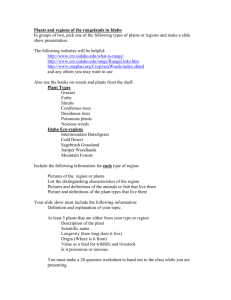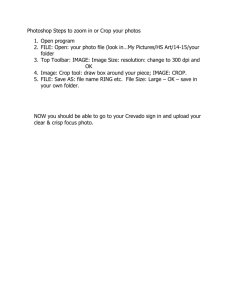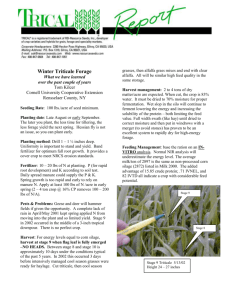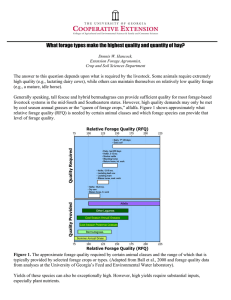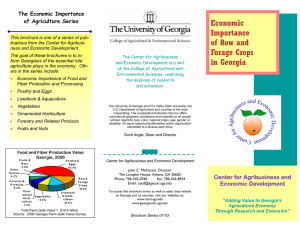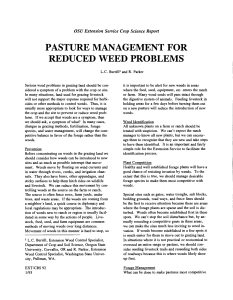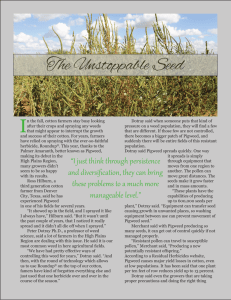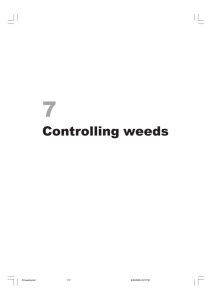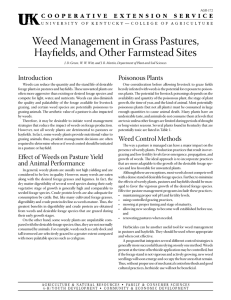I have a lot of sicklepod, coffee senna (aka coffee... to graze or bale up the crop residue. Are those...
advertisement
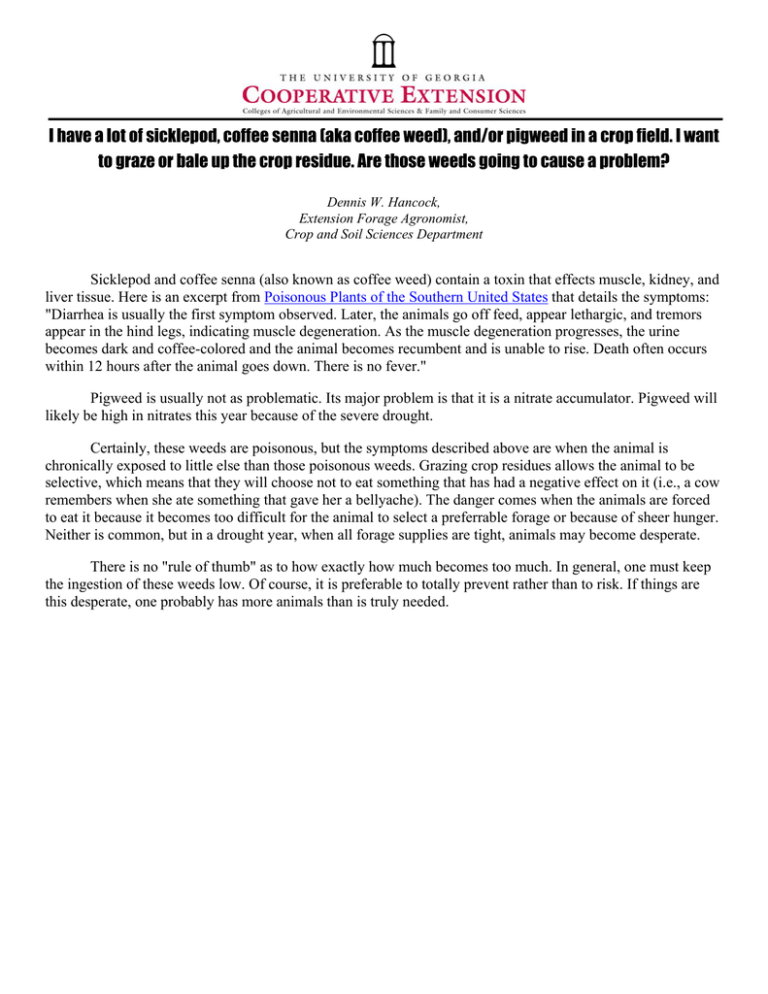
I have a lot of sicklepod, coffee senna (aka coffee weed), and/or pigweed in a crop field. I want to graze or bale up the crop residue. Are those weeds going to cause a problem? Dennis W. Hancock, Extension Forage Agronomist, Crop and Soil Sciences Department Sicklepod and coffee senna (also known as coffee weed) contain a toxin that effects muscle, kidney, and liver tissue. Here is an excerpt from Poisonous Plants of the Southern United States that details the symptoms: "Diarrhea is usually the first symptom observed. Later, the animals go off feed, appear lethargic, and tremors appear in the hind legs, indicating muscle degeneration. As the muscle degeneration progresses, the urine becomes dark and coffee-colored and the animal becomes recumbent and is unable to rise. Death often occurs within 12 hours after the animal goes down. There is no fever." Pigweed is usually not as problematic. Its major problem is that it is a nitrate accumulator. Pigweed will likely be high in nitrates this year because of the severe drought. Certainly, these weeds are poisonous, but the symptoms described above are when the animal is chronically exposed to little else than those poisonous weeds. Grazing crop residues allows the animal to be selective, which means that they will choose not to eat something that has had a negative effect on it (i.e., a cow remembers when she ate something that gave her a bellyache). The danger comes when the animals are forced to eat it because it becomes too difficult for the animal to select a preferrable forage or because of sheer hunger. Neither is common, but in a drought year, when all forage supplies are tight, animals may become desperate. There is no "rule of thumb" as to how exactly how much becomes too much. In general, one must keep the ingestion of these weeds low. Of course, it is preferable to totally prevent rather than to risk. If things are this desperate, one probably has more animals than is truly needed. The University of Georgia and Ft. Valley State University, the U.S. Department of Agriculture and counties of the state cooperating. Cooperative Extension, the University of Georgia College of Agricultural and Environmental Sciences, offers educational programs, assistance and materials to all people without regard to race, color, national origin, age, gender or disability. CSS-F045 An Equal Opportunity Employer/Affirmative Action Organization Committed to a Diverse Work Force January 2009 Issued in furtherance of Cooperative Extension work, Acts of May 8 and June 30, 1914, The University of Georgia College of Agricultural and Environmental Sciences and the U.S. Department of Agriculture cooperating. J. Scott Angle, Dean and Director.
